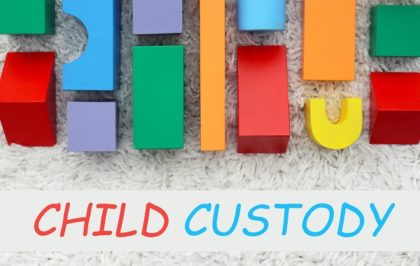Parenting is a difficult job. Each child has his or her own particular preferences and needs to which parents must pay distinct attention. To help each child  grow and thrive in his or her own unique way, specific decisions must be made based on each child. When a child has special talents and is gifted, parents can be treading new territory as they learn new issues and domains along with their children. During a custody dispute, making decisions about parenting time and residential time for a gifted child requires special consideration.
grow and thrive in his or her own unique way, specific decisions must be made based on each child. When a child has special talents and is gifted, parents can be treading new territory as they learn new issues and domains along with their children. During a custody dispute, making decisions about parenting time and residential time for a gifted child requires special consideration.
First, children who are gifted often have a deeper emotional reaction to divorce or separation than you may expect. Although being gifted may allow them to understand better the process of divorce and what is happening, they also tend to feel emotions on a deeper level. A parent should not assume that simply because a child is gifted and grasps concepts easily that the child will have an easier time processing the emotions that accompany the divorce or separation. Parents of gifted children need to be just as vigilant as other parents about the emotional turmoil their children may be feeling and consider counseling to help the children work through the process.
Custody decisions also need to be made with an eye toward any special activities or programs for the child. If one parent is better positioned to make sure that the child is always able to attend the activities that foster and promote the child’s special gifts, that parent may be a better choice for the primary custodian of the child. Similarly, parents should consider the geographical location of each parent’s respective residence in relation to the child’s activities. If the child is, for example, attending dance lessons five nights a week, a parent who lives a few miles from the studio is in a better position to request primary custody than a parent who lives thirty miles away.
Finally, having a gifted child often comes with extra expenses. Music lessons, dance lessons, special schools, or sporting equipment all come at a high cost. Unlike some states, Minnesota does not take these extra costs into account in the child support guidelines. However, parents are free to agree to split or otherwise divide the costs associated with helping the child reach his or her full potential.
We have helped many clients craft a custody plan that helps encourage and foster the needs of their gifted child. Contact us today at (320) 299-4249 to talk about your child and how we can help you.































